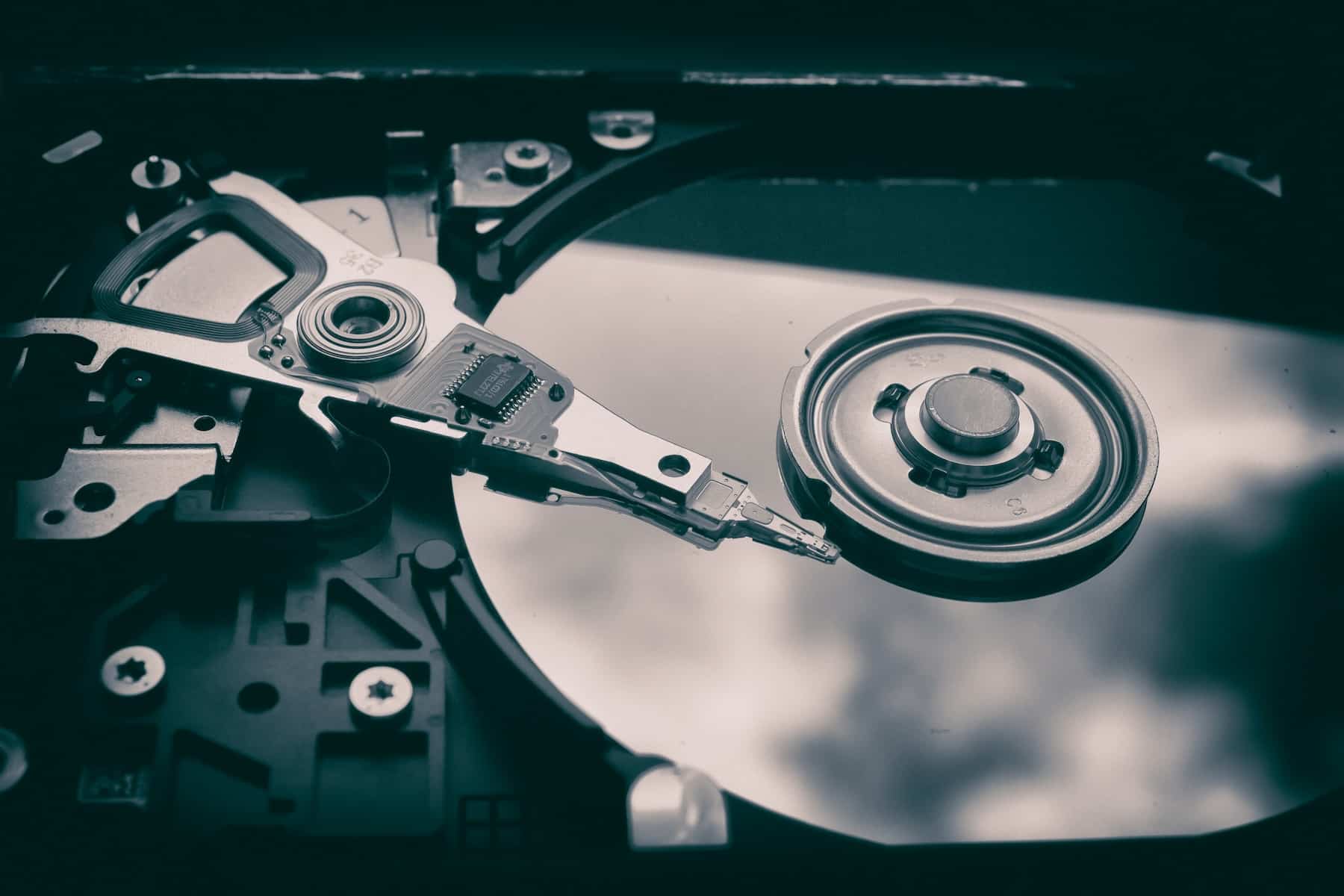A recent study shared by Iron Mountain has revealed an alarming reality in the field of digital storage: approximately 20% of the hard disk drives (HDD) used in the 1990s to store critical data, including music files and other digital content, have stopped working due to the passage of time.
This revelation underscores the challenges inherent in long-term digital preservation and highlights the importance of adaptive and constantly evolving storage strategies.
Key points from the study include:
– One in five hard disk drives from the 1990s analyzed has failed due to natural deterioration.
– The entertainment industry, particularly the music sector, is one of the most affected by this data loss.
– The phenomenon potentially affects any organization or individual relying on digital storage from over two decades ago.
David Carrero, co-founder of Stackscale (Aire Group), a leading company in cloud infrastructure and critical mission solutions, commented on these findings: “This study reminds us of the critical importance of regularly maintaining and verifying our backups, especially those with high retention. Simply making copies and forgetting about them is not enough; a proactive approach is necessary.”
Carrero emphasizes, “At Stackscale, we strongly recommend to our clients to implement a data migration strategy based on the expected lifespan of storage media. This means moving data to new devices or formats before the current ones reach the end of their anticipated lifespan.”
The study and expert comments highlight the need to:
– Implement regular verification strategies for backups, especially for high-retention data.
– Establish data migration protocols based on the expected lifespan of storage devices.
– Diversify storage solutions, combining cloud and physical options for added security.
– Stay updated on the latest technologies and best practices in digital preservation.
“The long-term data preservation is not a ‘set it and forget it’ process,” Carrero adds. “It requires continuous attention and constant adaptation as technology evolves. Companies and organizations should see this as an investment in protecting their digital history and information assets.”
This study serves as a wake-up call for all organizations and individuals depending on long-term digital storage. Data loss is not just a technical inconvenience, but can have significant consequences in terms of cultural heritage, historical information, and crucial business assets.

